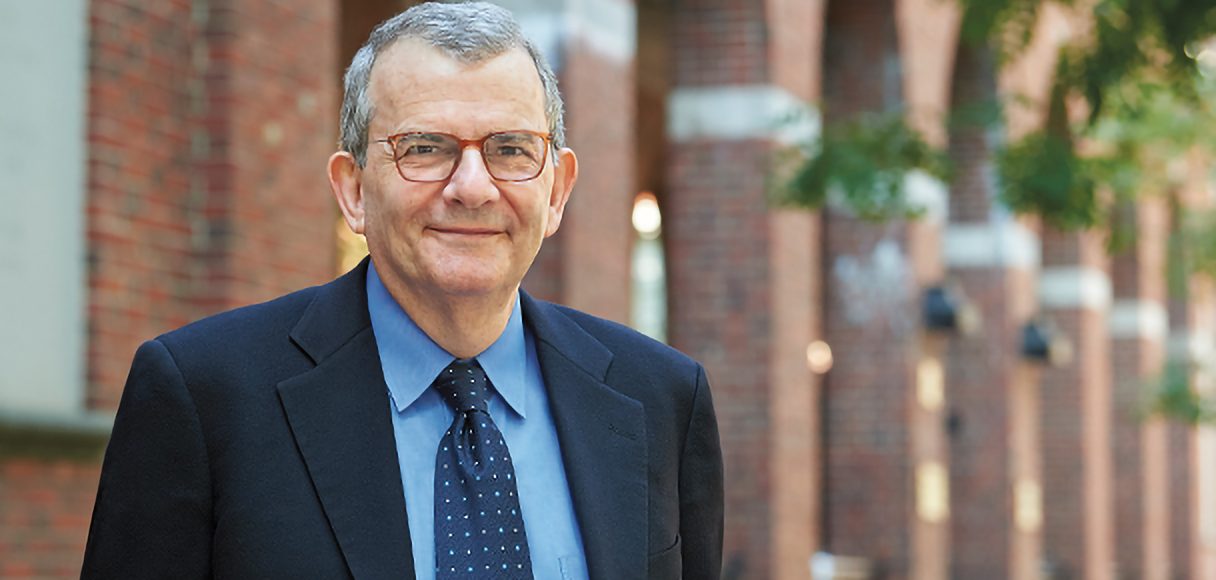Recording: Van Hasselt Lecture | Existential Catastrophe: A Multigenerational View | Samuel Scheffler
Many people now believe that there is a significant risk of an existential catastrophe befalling humanity within the next century. Assuming this conviction is well-founded, how should we respond? One increasingly popular answer is the one provided by “longtermism”. This view holds that we should make the avoidance of existential catastrophe one of our highest priorities, and perhaps our very highest priority, even if this means devoting fewer resources to other serious problems. But although it is indeed urgent to safeguard humanity’s future, longtermism’s explanation of why this is urgent is unsatisfactory. As a result, so too are some of its practical recommendations. This lecture will offer a different explanation of the importance of humanity’s survival, and one with different practical implications. These differences matter because if we wish to mobilize people to reduce the risks of existential catastrophe, we need to be clear about what exactly we think they should be trying to achieve and why.
Samuel Ira Scheffler (born 1951) is a moral and political philosopher and University Professor of Philosophy and Law in the Department of Philosophy and the School of Law at New York University. He is the author of several books published by Oxford University Press, most recently Why Worry About Future Generations? (2018).
Van Hasselt Lecture
The annual Van Hasselt Lecture addresses topics around ethics, peace and justice in our technological age. The lecture was named after Frans van Hasselt, a student in Delft, who denounced the firing of Jewish professors at the university in a public speech on the 23rd of November 1940. He was arrested by the occupying forces and perished at Buchenwald concentration camp two years later.


